12 Items That Make Your Wallet Too Risky to Carry
Your wallet is with you most of the time, and that makes it a target if you’re carrying the wrong things. Sensitive items in your wallet can put your identity and finances at risk if it’s ever lost or stolen.
Knowing what to leave out helps keep your information safer and your wallet lighter.
It’s easy to stuff every card, receipt, or document you might need into your wallet. But packing it full not only adds bulk but also increases the risk if it goes missing.
Trimming down what you carry can save you hassle and limit the damage if your wallet is lost.
Some items are especially risky to keep in your wallet because replacing them is complicated or costly. This list of 12 things you should keep out of your wallet will help you make smarter choices about what to bring with you and what to leave at home.
Why You Should Reconsider What’s In Your Wallet
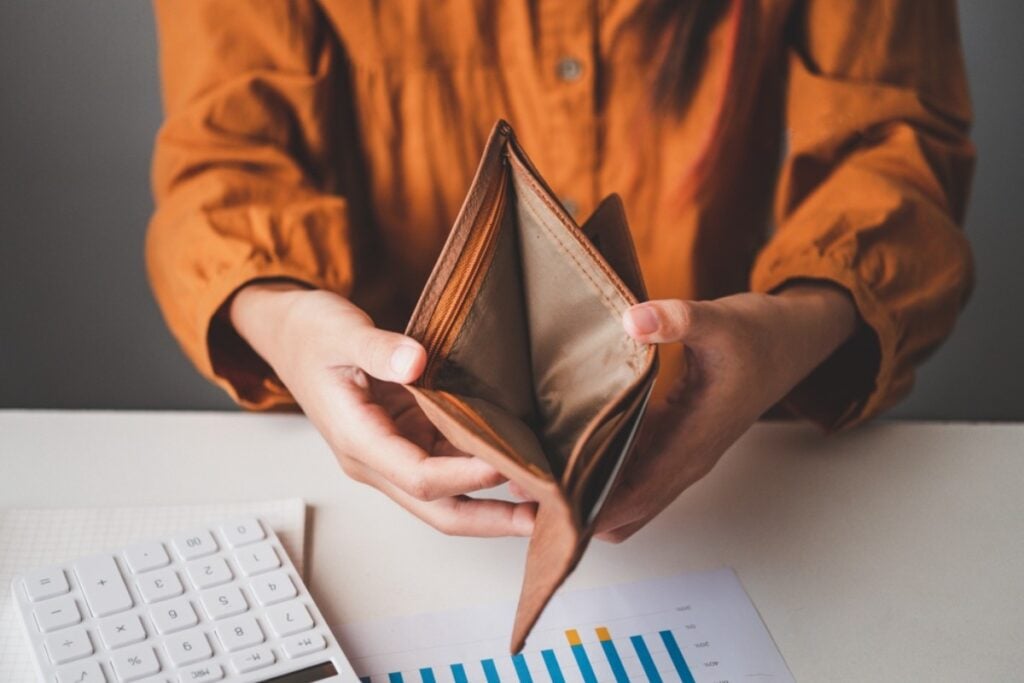
Your wallet isn’t just for cash and cards. Some items can put your personal and financial safety at risk, while others reveal more about you than you might realize.
It’s important to think carefully about what you keep tucked away.
Identity Theft Risks
Carrying documents like your Social Security card or birth certificate is dangerous. If your wallet is lost or stolen, these can be used to steal your identity.
Identity theft can lead to fraudulent loans or new credit accounts in your name. Avoid keeping anything with permanent personal identifiers in your wallet.
Store such documents securely at home. Even old IDs or extra credit cards can give thieves enough information to piece together your identity.
Financial Dangers
Your wallet gives access to your money through credit cards, debit cards, and apps linked to these accounts. Losing your wallet means dealing with potential unauthorized charges.
Carrying too many cards or financial details increases this risk. If someone gets your card information, they could drain your accounts or rack up bills quickly.
Keep only the cards you need daily, and use secure apps or wallets when possible.
Privacy Concerns
Membership cards, medical info, and photos can reveal a lot about you. Thieves or even casual observers could use these to track your habits or invade your privacy.
Consider what personal data is on the cards you carry. Some, like loyalty cards, can be used to collect data on your shopping habits.
Carry only items you’re comfortable with others potentially seeing.
Critical Items to Keep Out of Your Wallet
Certain sensitive items can put you at serious risk if your wallet is lost or stolen. These can lead to identity theft or financial trouble, so it’s best to store them somewhere safer.
Social Security Card
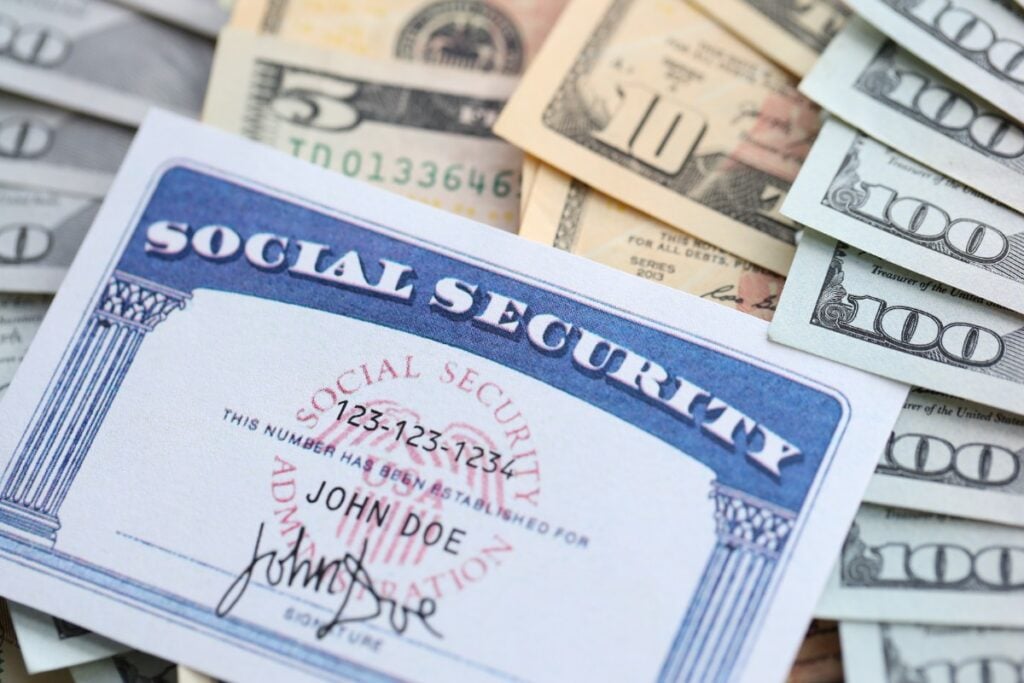
Your Social Security card contains information that thieves can use to steal your identity. If someone gets hold of it, they could open credit accounts or commit fraud in your name.
Leave your Social Security card at home, ideally in a secure place like a locked drawer or safe. If you need the number, memorize it or store it securely in a password-protected app.
You rarely need to show it, so carrying it isn’t worth the risk.
Passport
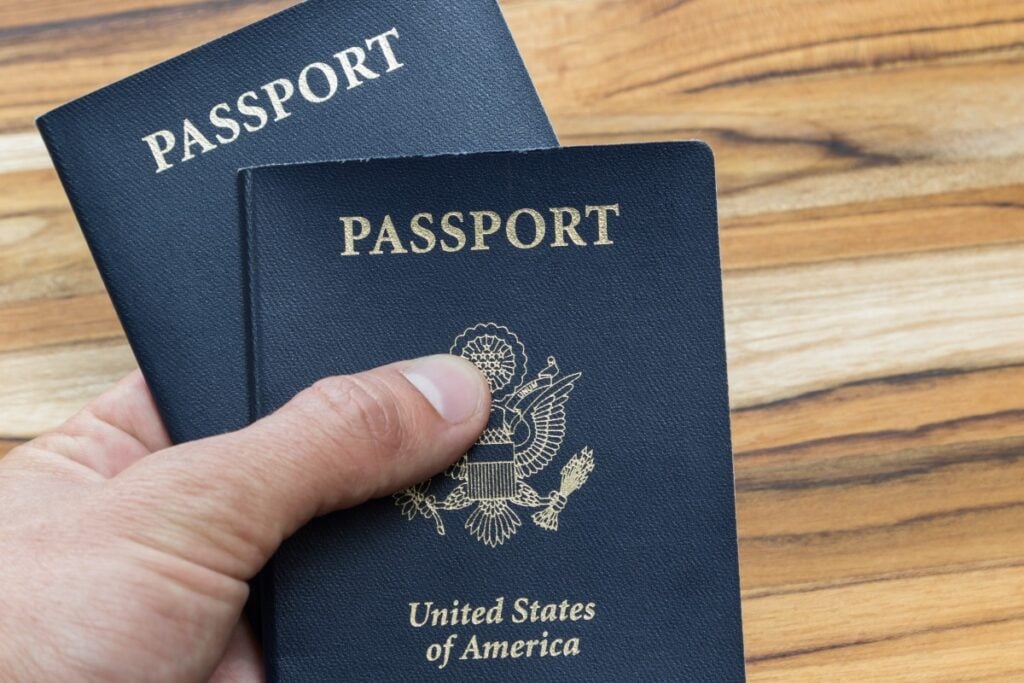
Your passport is used to prove your identity and citizenship. Losing it can open doors for scammers, and replacing a stolen passport is a long, expensive process.
Even if you travel a lot, carry a photocopy instead of the actual passport when you can. Keep the real document in a safe place until it’s absolutely necessary to bring it with you.
This helps you avoid the hassle and security risks linked to carrying your passport everywhere.
Extra Credit Cards
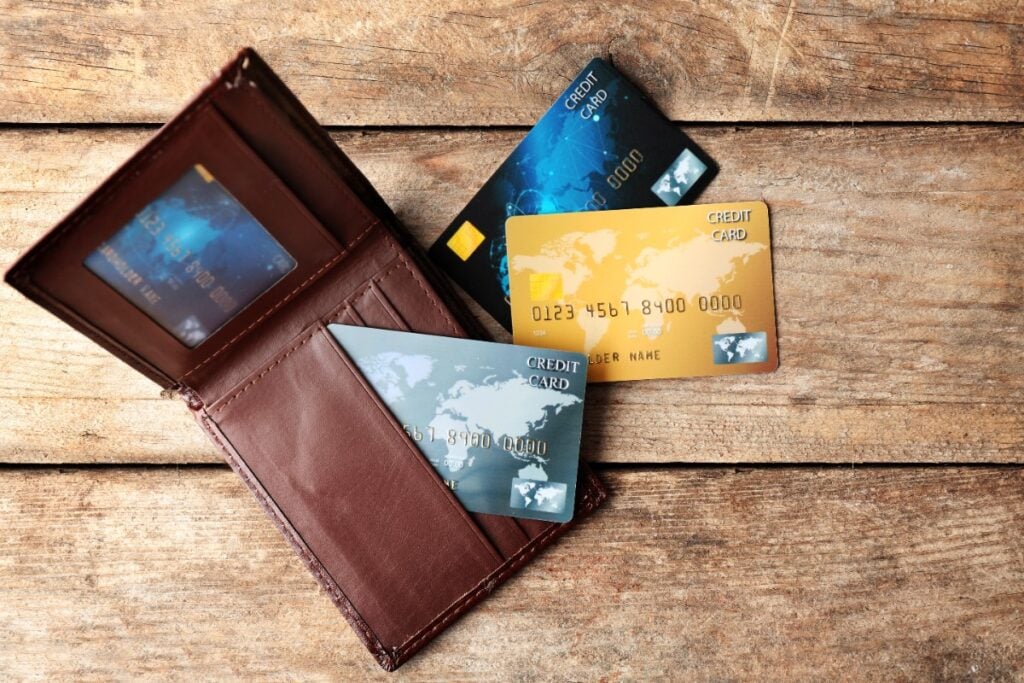
Carrying extra credit cards increases the chances of multiple cards getting lost or stolen at once. If someone accesses these, they could rack up charges before you notice.
Limit your wallet to just the essentials for daily use. Store backup cards in a secure location at home.
Stick to one or two cards you use regularly rather than carrying all your credit lines.
Passwords and PINs
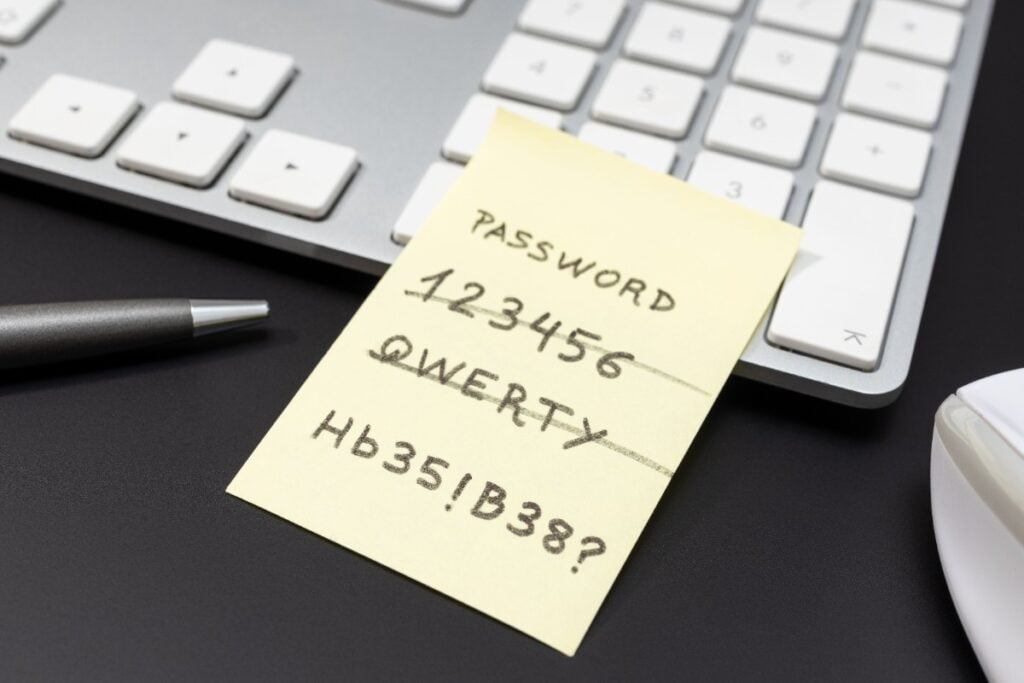
Don’t carry written passwords or PIN numbers in your wallet, even if hidden in a notebook or on a sticky note. If lost, this gives thieves direct access to your accounts.
Use password managers or apps that securely store your login information. This keeps your sensitive codes protected behind digital security.
Keeping passwords and PINs out of your wallet is a simple way to prevent unauthorized account access.
Sensitive Information That’s Better Elsewhere
Some documents contain personal details that, if lost or stolen, can cause serious problems. Keeping these items out of your wallet reduces the risk and keeps your sensitive info safer.
Birth Certificate
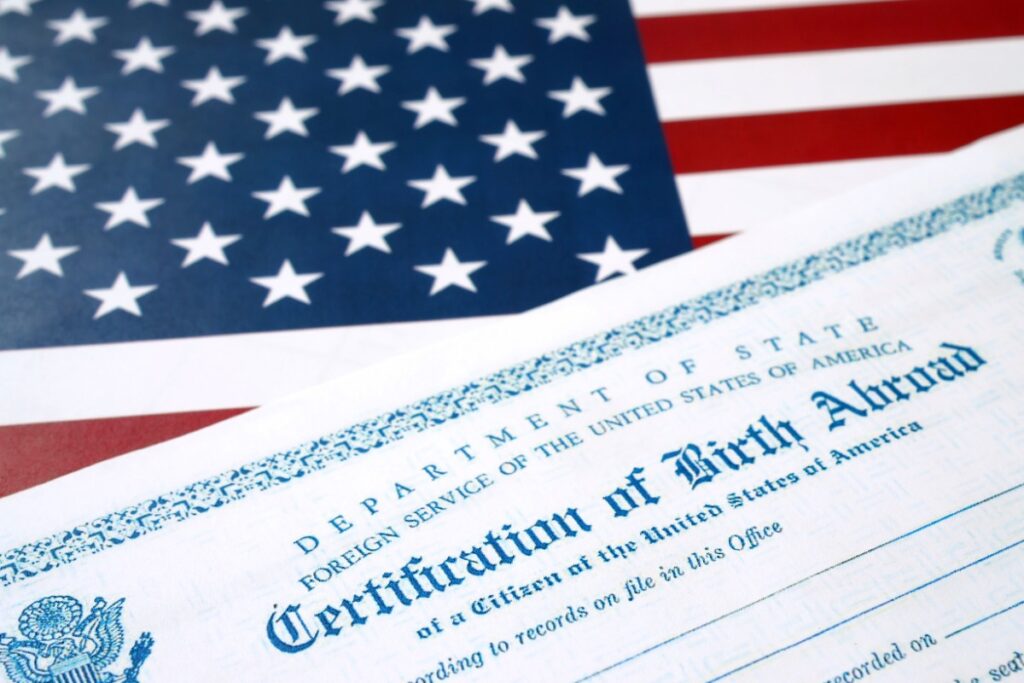
Your birth certificate has crucial information like your full name, birthdate, and parents’ names. Carrying it increases the risk of identity theft since it’s a top document thieves use to open accounts in your name.
Keep your birth certificate stored safely at home, such as in a locked safe or secure filing system. If you need it, carry a certified copy and not the original.
Avoid leaving it in your wallet where it can be easily lost or stolen.
Blank Checks
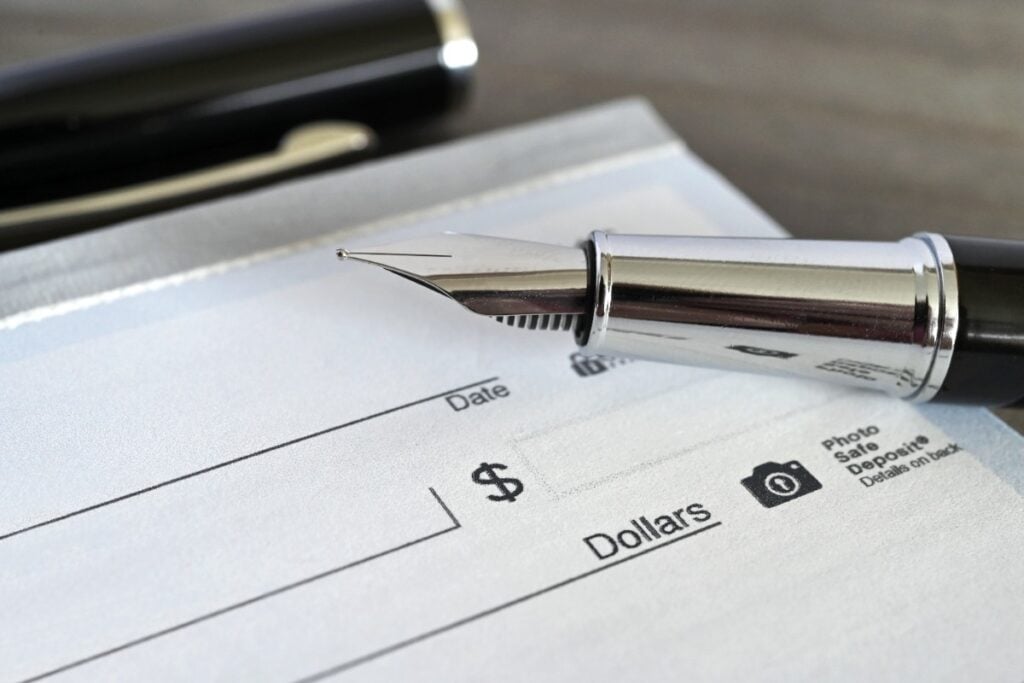
Blank checks are a major security risk. If someone gets hold of one, they can write checks on your account without your permission.
Keep your checkbook in a safe place at home. Only carry checks when you need them, and always fill them out on the spot.
This habit can save you from financial trouble and fraud.
Medical Insurance Card
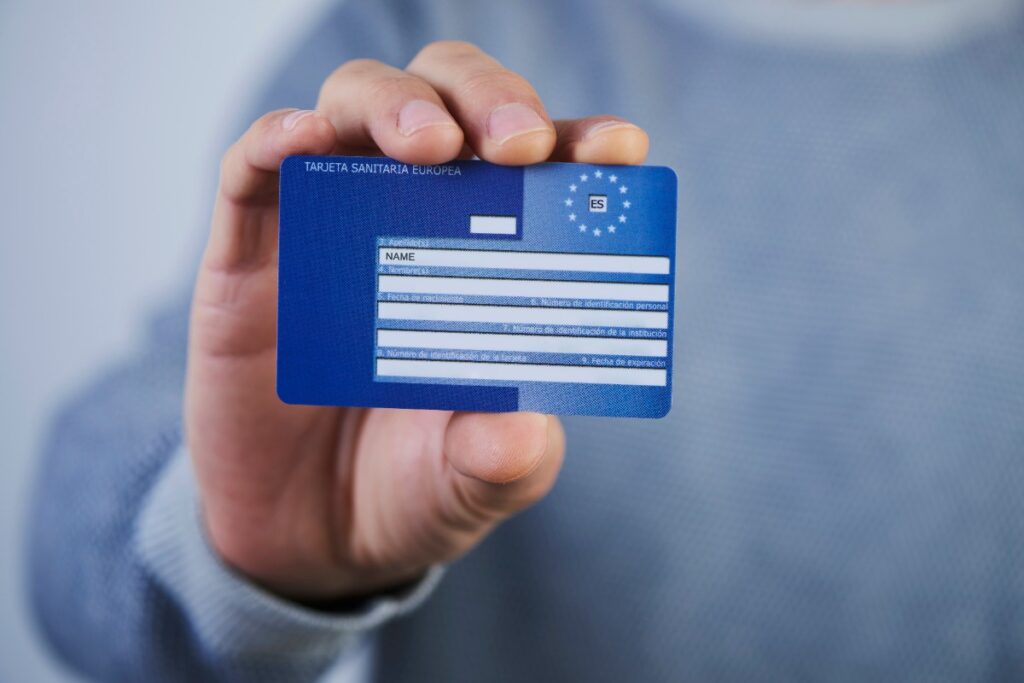
Your medical insurance card contains your policy number, your name, and sometimes your group number. If stolen, this info can be used for fraudulent medical claims or to get care under your identity.
It’s safer to carry a digital copy of your insurance card on your phone or use your insurance provider’s app. If you must carry the card, avoid keeping other sensitive documents with it, and report it immediately if it’s lost.
Surprising Things You Might Forget
Some everyday items in your wallet can cause more trouble than you realize. They often carry personal info or valuables that increase risk if lost or stolen.
Receipts With Personal Details
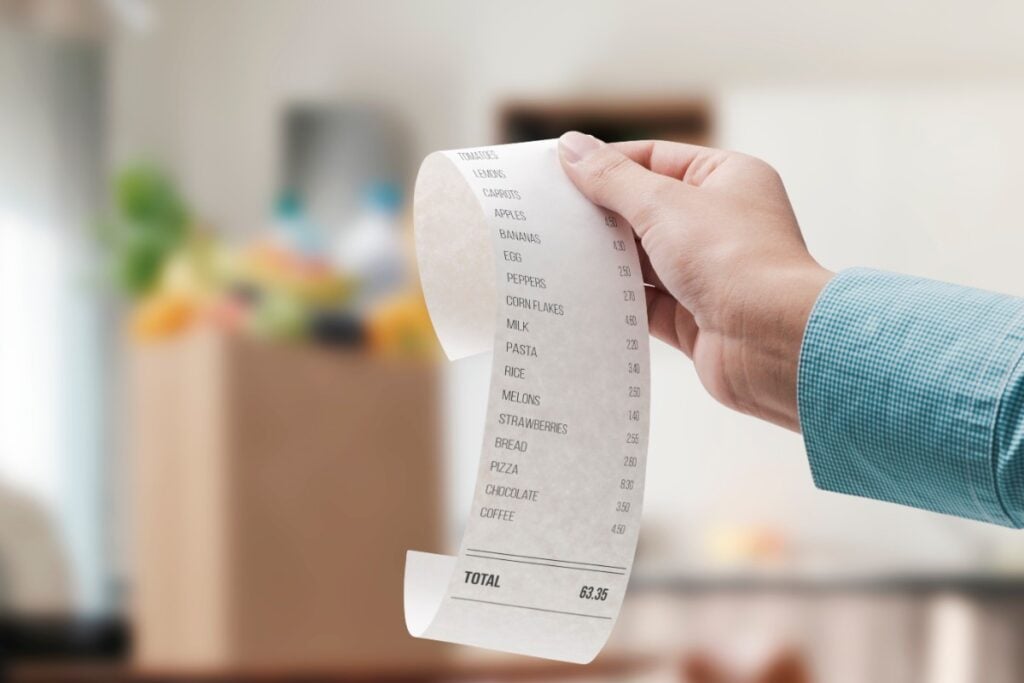
Some receipts have sensitive information printed on them, such as your credit card number or full name. Keeping these in your wallet makes it easier for someone to steal your identity or commit fraud.
Always tear off or shred any receipts containing personal or financial details before putting them in your wallet. Receipts also add clutter and bulk, making your wallet less organized.
Regularly clear out old receipts to keep things neat and reduce unnecessary risks.
Gift Cards With Large Balances
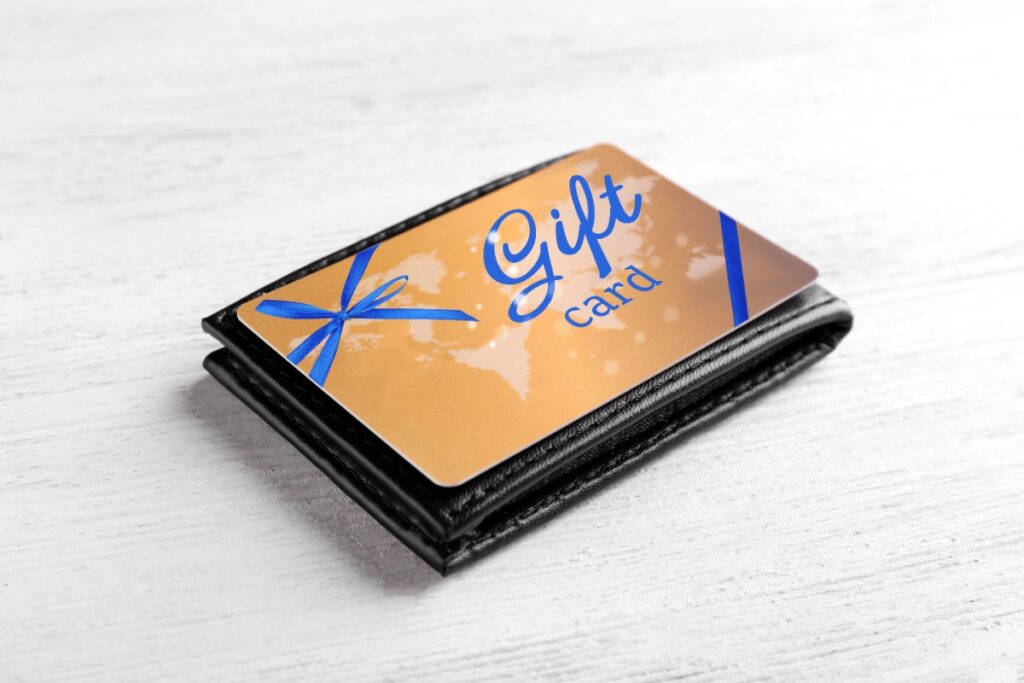
Gift cards are convenient, but carrying those with significant balances means losing your wallet can cost you money. Unlike credit cards, gift cards rarely have fraud protection.
It’s smarter to store big-balance gift cards at home or keep their serial numbers separate from the cards themselves. If you carry gift cards, limit them to small amounts and track their balances.
This lowers the risk of a financial hit if your wallet disappears.
Spare Keys
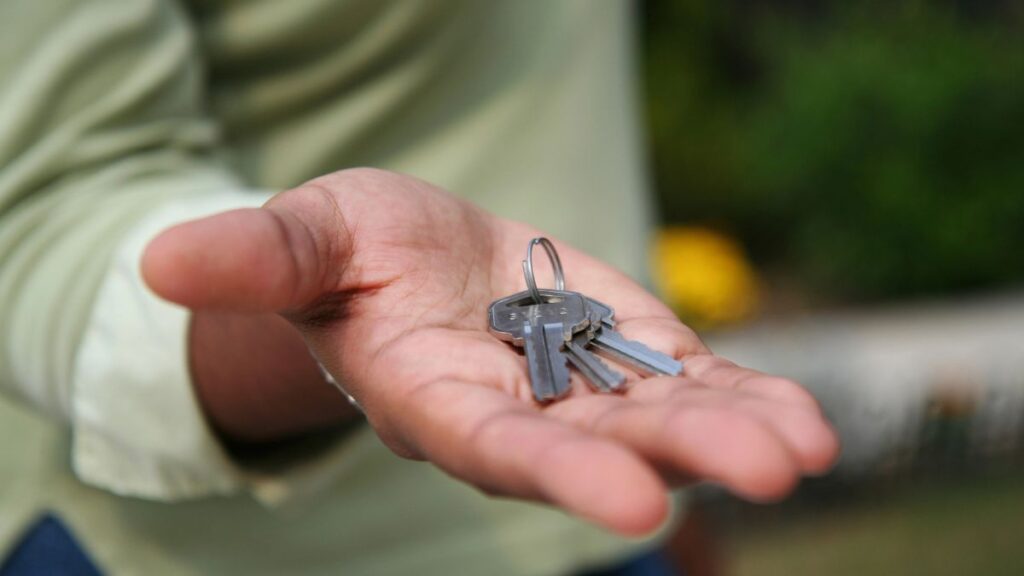
It feels handy to have a spare key tucked in your wallet, but this is a bad idea. If your wallet is lost or stolen, anyone who finds it has a free pass into your home or car.
Separate your keys and wallet to avoid this risk. Consider alternative hiding places for spares or ask a trusted person to hold onto them.
Keeping your keys out of your wallet protects your security and prevents one loss from turning into a bigger problem.
Tips for a Safer, Simpler Wallet
Begin by taking everything out of your wallet. Ask yourself if you’ve used each item in the past month.
If not, it probably doesn’t belong in your wallet. Keep only essentials like your ID, one or two credit or debit cards, and some cash.
Avoid carrying your Social Security card or birth certificate. Losing these can lead to identity theft.
Switch to a minimalist wallet or cardholder to keep things slim and manageable. Bulky wallets make it harder to notice if something is missing.
Consider digitizing what you can. Many apps let you store loyalty cards, tickets, and payment methods securely.
This reduces physical clutter and lowers the risk of theft. Protect your wallet with a routine check.
| Quick Wallet Safety Check | What to Do |
|---|---|
| Monthly cleanout | Remove expired or unused cards |
| Emergency info stored safely | Keep important documents at home |
| Digital backups | Save copies of IDs and cards |
For more on what to keep or ditch from your wallet, see this guide on wallet security.







